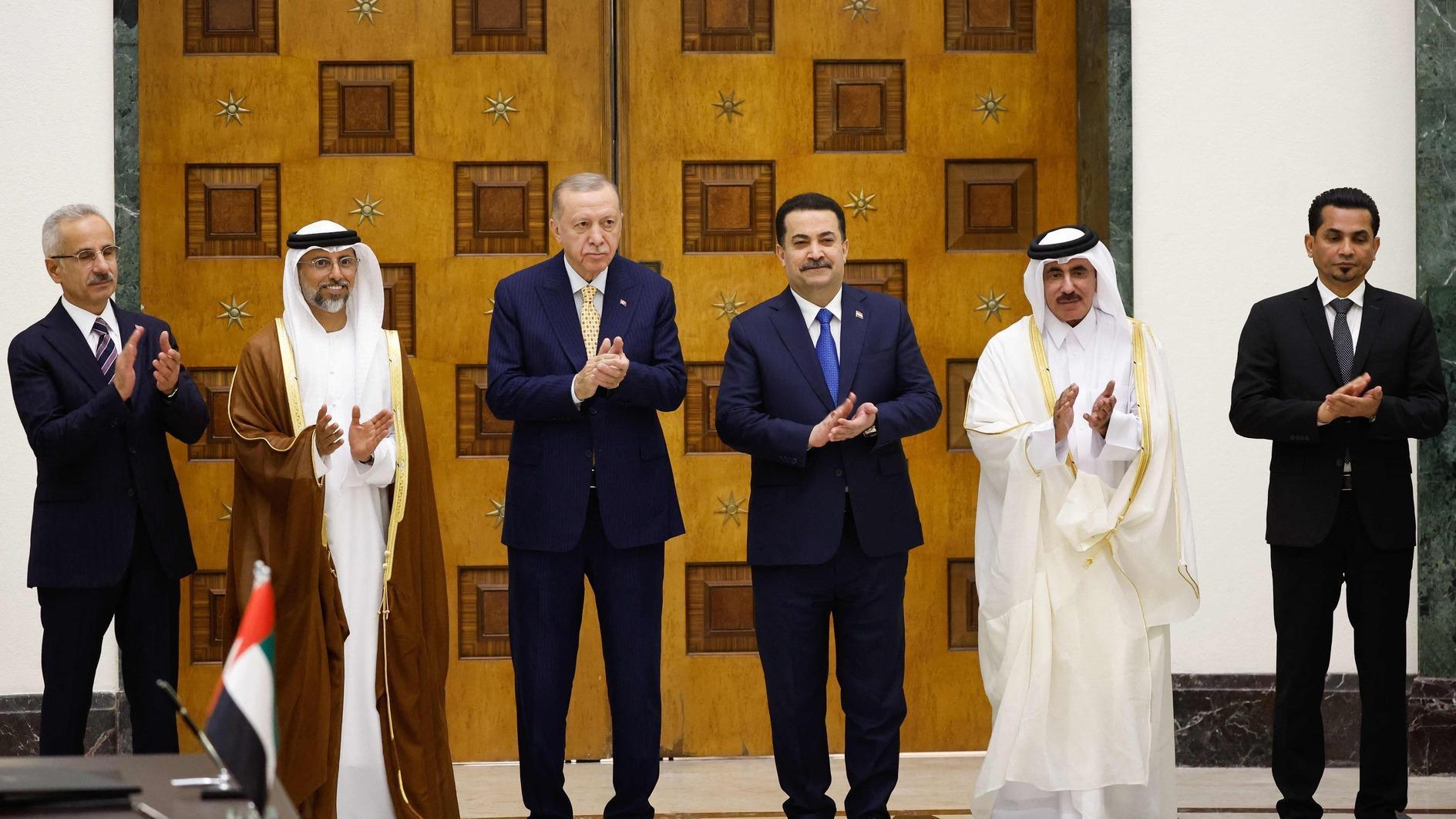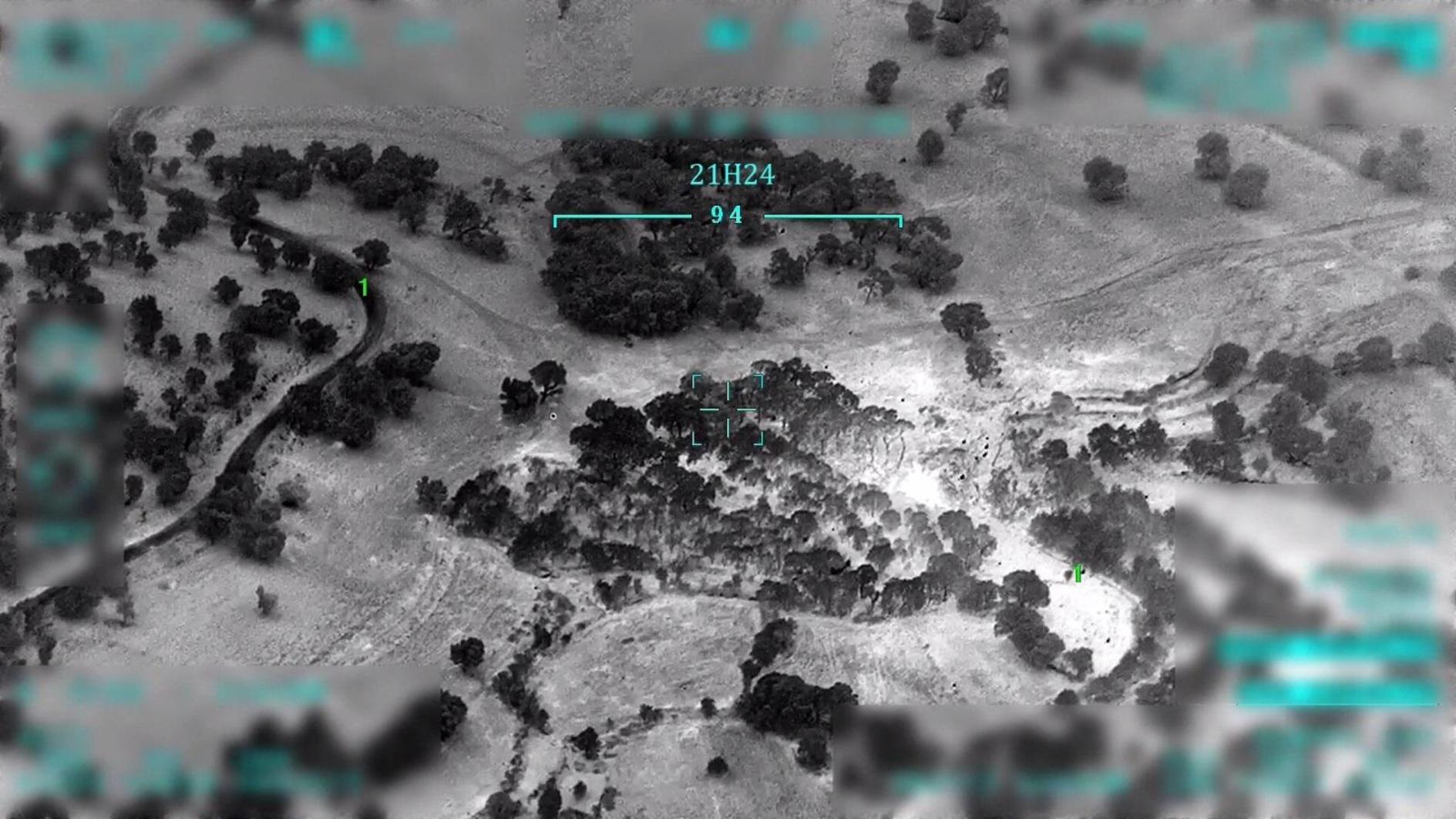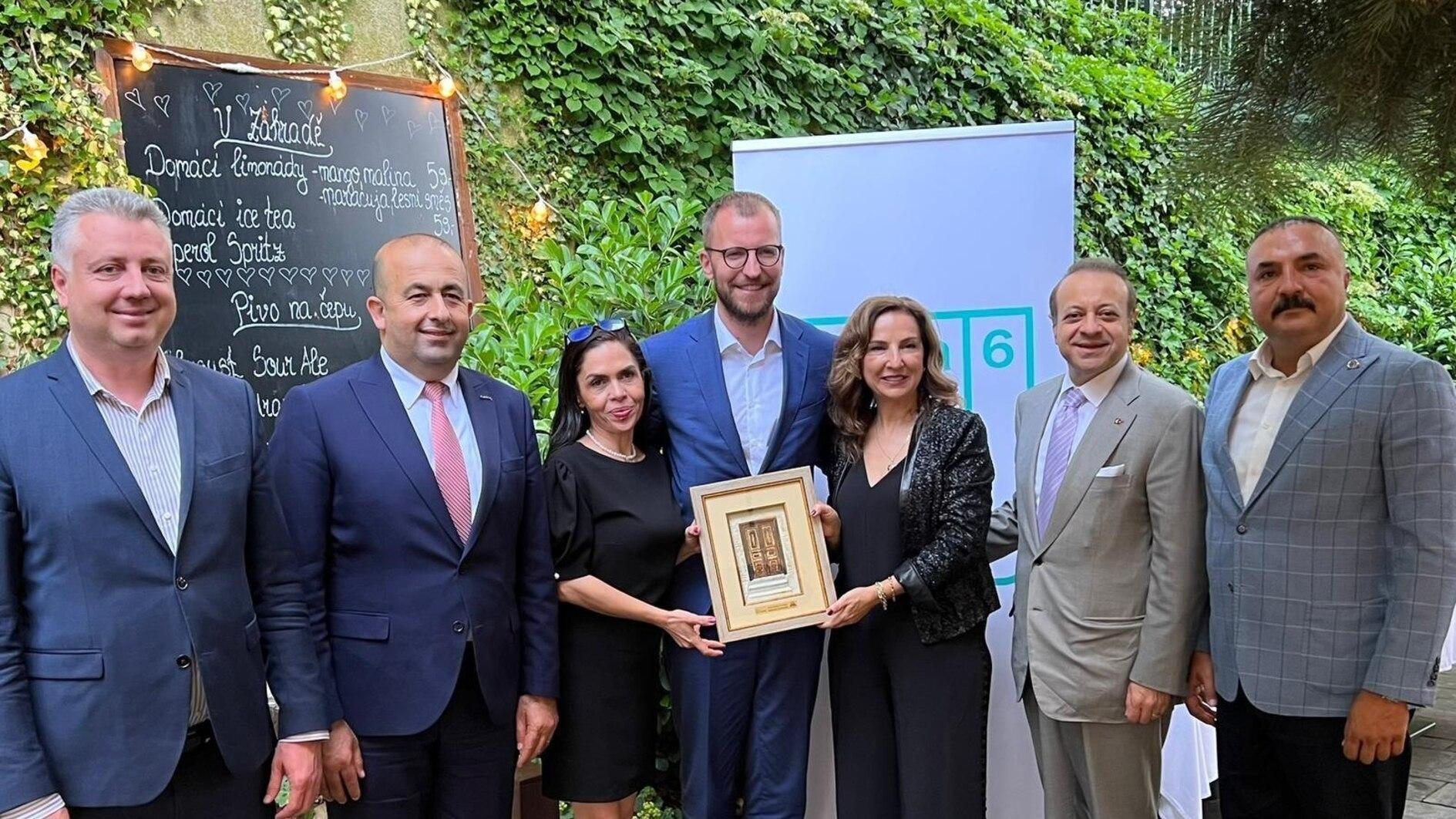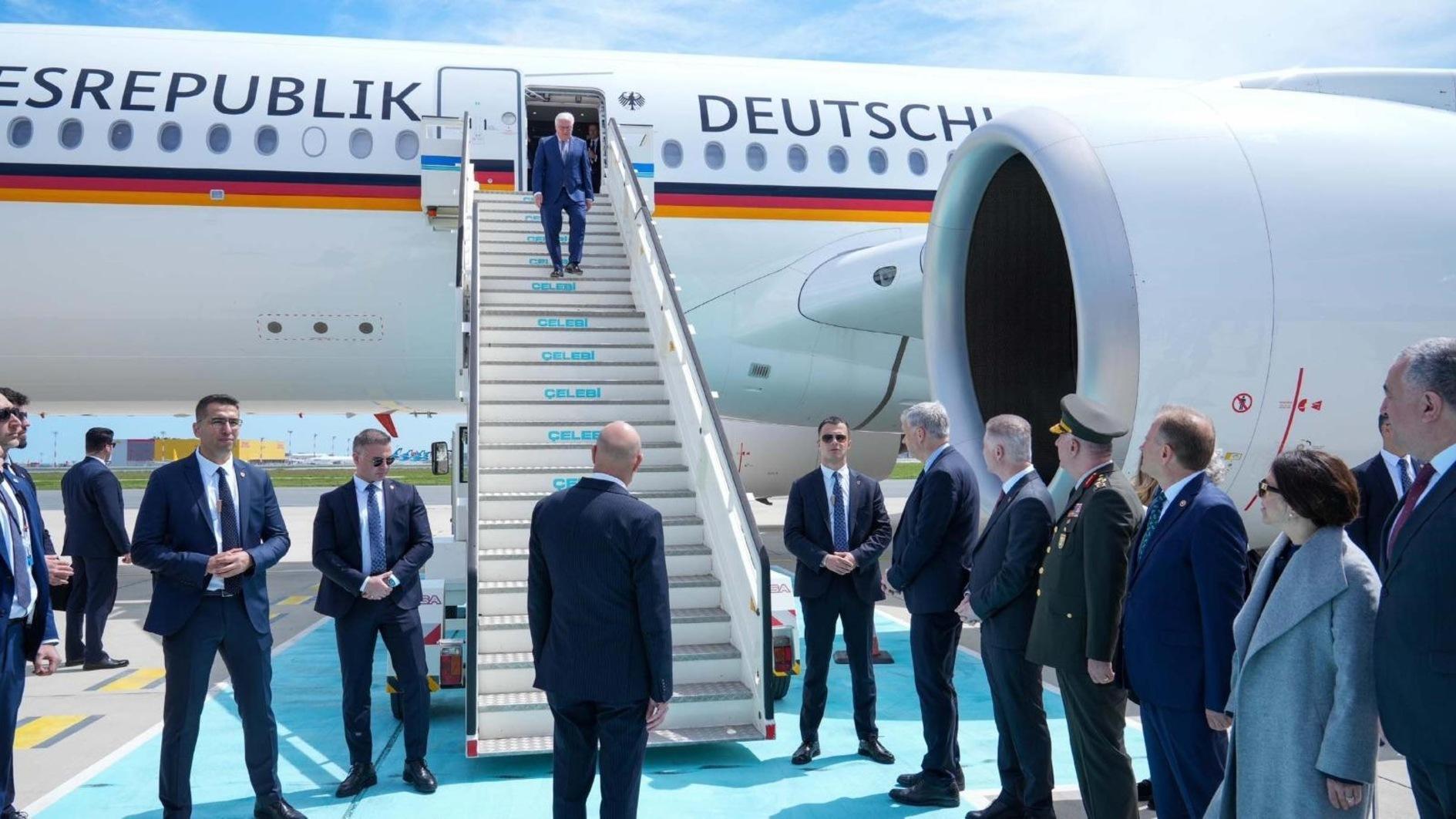'Davutoğlu, the AKP and the pursuit of regional order'
William ARMSTRONG - william.armstrong@hdn.com.tr
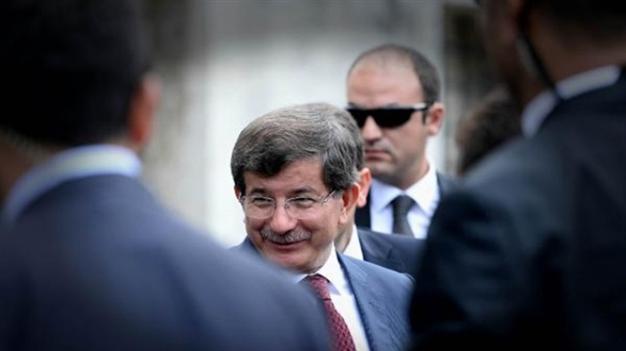 ‘Turkey’s New Foreign Policy: Davutoğlu, the AKP and the Pursuit of Regional Order’ by Aaron Stein (Routledge, 105 pages, $42)
‘Turkey’s New Foreign Policy: Davutoğlu, the AKP and the Pursuit of Regional Order’ by Aaron Stein (Routledge, 105 pages, $42)It’s just as well to state at the outset that this slim new volume on Turkey’s foreign policy in the Middle East immediately becomes the new standard bearer on the subject. In it, author Aaron Stein describes how Ankara’s regional policy over the last decade has undergone a dramatic shift, overseen by current Prime Minister Ahmet Davutoğlu, a former foreign minister and adviser to Recep Tayyip Erdoğan. Examining the worldview expressed in Davutoğlu’s much vaunted academic writings, and how this has (or has not) been applied since 2002, the book argues that Turkey’s support for change in the region in recent years is highly conditional. The government is convinced of its principled righteousness, but its policy is also based on calculations aimed at furthering a particular AKP-centered understanding of Turkey’s national interests. Although a longer text could have extended the range across a broader set of examples, Stein - an associate fellow at the Royal United Services Institute - makes a convincing case in little over 100 pages.
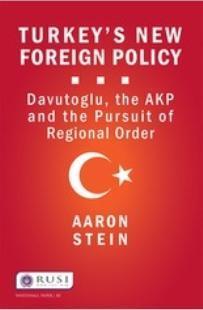 With a few exceptions, the Turkish Republic’s regional policy after its foundation as a separate state in 1923 was defined by its preference for non-intervention and neutrality in the areas that had formed part of the Ottoman Empire. This was based on the mantra of its first president Mustafa Kemal Atatürk, “peace at home, peace in the world” - risk-aversion seemed to be the most logical foreign policy when nation-building at home was the priority. However, the AKP marked a sharp change of course after coming to power in 2002, with Davutoğlu adopting a proactive foreign policy aimed at expanding Turkey’s zone of influence in the Middle East. In his 2001 book “Strategic Depth” (which had its 100th print run last year), the former professor articulated a vision drawing on Turkey’s geography, economic power and imperial history to reconnect with its historical “hinterland” in the former Ottoman territories. For Davutoğlu, previous Turkish decision making was flawed because it was based on a shallow interpretation of Turkey’s geography and history. In contrast, he believes that post-Cold War Turkey has “a unique opportunity to expand its influence and create strategic depth” as a “center state.”
With a few exceptions, the Turkish Republic’s regional policy after its foundation as a separate state in 1923 was defined by its preference for non-intervention and neutrality in the areas that had formed part of the Ottoman Empire. This was based on the mantra of its first president Mustafa Kemal Atatürk, “peace at home, peace in the world” - risk-aversion seemed to be the most logical foreign policy when nation-building at home was the priority. However, the AKP marked a sharp change of course after coming to power in 2002, with Davutoğlu adopting a proactive foreign policy aimed at expanding Turkey’s zone of influence in the Middle East. In his 2001 book “Strategic Depth” (which had its 100th print run last year), the former professor articulated a vision drawing on Turkey’s geography, economic power and imperial history to reconnect with its historical “hinterland” in the former Ottoman territories. For Davutoğlu, previous Turkish decision making was flawed because it was based on a shallow interpretation of Turkey’s geography and history. In contrast, he believes that post-Cold War Turkey has “a unique opportunity to expand its influence and create strategic depth” as a “center state.” Among the prime minister’s acolytes, there is a sense that Turkey’s republican non-intervention in the region is essentially an oppressive Western imposition of the 20th century, coming after the Ottoman Empire’s dismemberment by the European powers. This interpretation of geopolitics “is based on an assumption that the spread of Western power into the Balkans, Central Asia and the Middle East is incongruent with Turkish national interests and must be reversed.” Stein suggests that Davutoğlu draws on pan-Islamism as a source of communal strength and political legitimacy, repeatedly referring to the concepts of “Tawhid” (the oneness of God) and “Tanzih” (the purity of God) in his writings. This is combined with inspiration from a number of almost-forgotten German geopolitical theorists from over a century ago, and the result is a fundamental rejection of the current world order. Davutoğlu believes that if Turkey establishes itself as a global power it will be able to “play a significant role in creating new global institutions that are more in keeping with the world’s different ‘civilisations’ or cultures.”
Nevertheless, the AKP’s foreign policy implementation from 2002-2011 proved to be highly pragmatic. Ankara formed alliances with a number of status quo-favoring autocrats, seeking to bolster its influence with neighboring regimes and boost economic ties by lifting visa restrictions and emphasizing common culture and history. As Stein writes, this much vaunted “zero problems with neighbors” strategy was based more on realpolitik than Davutoğlu’s concept of strategic depth, but it was “largely guided by [Ankara’s] expectation that, eventually, this status quo would be swept away as governments more representative of the masses came to power across the region.” The AKP therefore opted to focus on areas that would deepen its influence, maneuvering itself into a strong position as it anticipated the eventual demise of the Arab world’s political order.
However, when protests in its Arab neighbors broke out in late 2010, Turkey was taken by surprise. Its initial policies were as cautious as the rest of the world and varied across different countries, but over time Ankara began to fully incorporate elements of Davutoğlu’s “strategic depth” in response to the rapid changes. After nearly a decade wedded to realpolitik, the AKP eventually came to feel that the Arab upheavals had provided the opportunity to create a new regional order with Turkey at the center. In Stein’s words, "This understanding of regional affairs was based on the belief that the era of European-inspired political and ethnic nationalism was a historical anachronism in the Middle East - destined to fail and be replaced with governments more representative of the ‘Muslim masses.’" For Davutoğlu, those governments that adopted Western constructs will be "replaced by more representative governments that embrace Tawhid as the source of their political legitimacy."
In practice, this meant backing Muslim Brotherhood-affiliated parties across the Arab world. The second part of the book offers case studies of Ankara’s policy toward a number of key states before and after the Arab Spring - including Egypt, Syria and Libya - where the details differ greatly but the essential similarity has been Ankara’s support for the Brotherhood. In places where the opposition forces are not Sunni groups affiliated with the Brotherhood, Turkey has shown little interest.
The limits of this approach have since become apparent. Although Turkey could credibly present itself as a neutral actor in the region seeking to strike accommodations with varied political groups from 2002 to 2011, it has since been perceived as an outside actor pushing a particular agenda via the democratic process. In Stein’s account, "the AKP’s policy towards the Arab upheavals therefore cannot be described as an effort to promote democracy or to stand by the people against state oppression. Instead, it has been far more nuanced, based on assumptions made about a changing regional order and how the upending of the Arab world’s political status quo would benefit the AKP." Erdoğan’s repeated waving of the four-fingered Rabia sign at electoral rallies may be sincerely felt, but it is also highly opportunistic.
The Turkish government has tied its foreign policy to the success of one particular political group, but putting all its eggs into the Brotherhood basket has ultimately limited its influence. Today, the trajectory of Middle Eastern politics places Ankara at odds with many of its neighbors. Turkey finds itself with little influence at a time when many of the region’s conflicts touch directly on its core interests - a situation spun memorably last year by Davutoğlu’s political advisor İbrahim Kalın as “precious isolation.” Stein writes that no major changes should be expected in the foreseeable future. Despite their regional marginalization, Turkish policymakers have doubled down and remain committed to their post-2011 foreign policy. The AKP believes that it is playing the long game and its “principled” foreign policy decisions will ultimately pay off once regional countries inevitably return to electoral politics and the pressure for political change begins anew. Time will tell.


